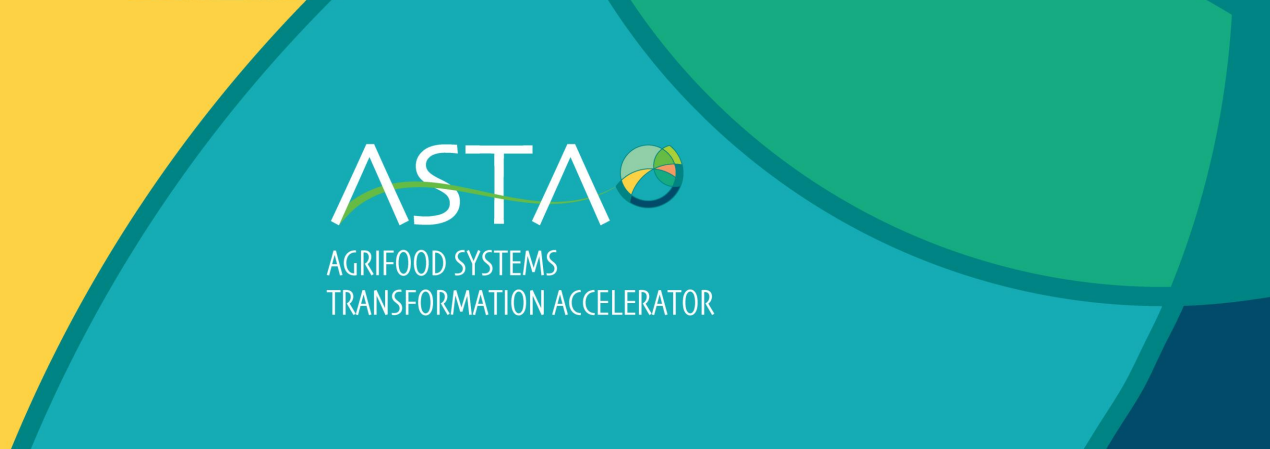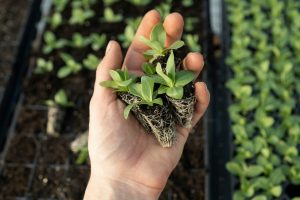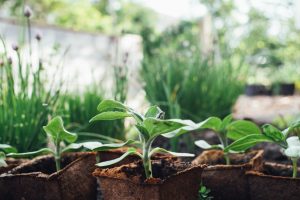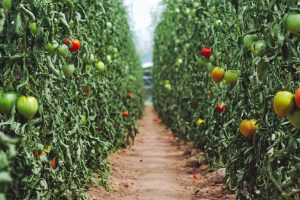About
The ASTA Program

The ASTA Program
The Agri-Food System Transformation Accelerator (ASTA) program, formerly known as 3ADI+, is jointly led by FAO and UNIDO, in collaboration with other UN agencies, including ITC, ILO, and UNFPA. FAO’s Food Systems and Food Safety Division (ESF) oversees the overall coordination of ASTA.
The program’s overarching goal is to improve the livelihoods of men and women in Least Developed Countries (LDCs) and other vulnerable regions by promoting inclusive and sustainable agriculture and agro-industries. By strengthening compliance with the Sustainable Development Goals (SDGs), ASTA supports countries, regions, farms, and agribusinesses in achieving long-term growth. The 3ADI+ initiative focuses on developing highly productive and sustainable value chains that deliver premium food, fiber, feed, and fuel products while effectively connecting farmers, processing industries, and global markets.
ASTA in Suriname
Since 2018, ASTA has supported the analysis and development of the pineapple value chain in Suriname at the request of the government and in close collaboration with the private sector. Pineapple has been identified as a high-potential crop for the transformation and diversification of Suriname’s agricultural sector.
In 2019, ASTA completed a value chain analysis, identifying market opportunities, bottlenecks, and key leverage points, leading to the development of concrete improvement strategies.
In 2020, these strategies were translated into a project proposal focused on an innovative financing mechanism, which was submitted to the UN SDG Fund.
In 2021, the proposal was included in the fund’s active financing pipeline, and in 2022, the project was officially funded, marking the start of its implementation.
The UN SDG Fund
The Joint SDG Fund is an inter-agency initiative that supports countries in accelerating progress towards the Sustainable Development Goals (SDGs). It integrates economic, social, and environmental policies to address complex social challenges through strategic financing and partnerships.

The Three Phases of the Project

Phase 1: Structural Development
To address key challenges in the sector, three major structures have been established:
- Horticulture Innovation Hub
- Collateral Support Facility
- Pineapple Cooperative Development Company
The Horticulture Innovation Hub plays a central role in Suriname’s transformation into a leading producer and exporter of high-quality organic pineapples. It was created to tackle the value chain’s main obstacles, such as limited access to knowledge, financing, and market coordination.
The Hub is structured as a non-profit foundation, serving as a one-stop-shop for pineapple producers. It provides access to:
- Inputs (e.g., organic fertilizers, tools)
- Technical support & agronomic services
- Financing options
The goal is to make the Hub financially sustainable, gradually covering operational costs through service fees and farmer contributions. The Hub also plays a coordinating role, focusing on modernizing the sector and empowering indigenous producers by creating a more sustainable and productive value chain.

Phase 2: Production Expansion
This phase focuses on increasing volume, quality, consistency, and year-round availability through:
- New agronomic models implemented with 25 lead farmers on 1-hectare demonstration plots
- Higher planting density and modern farming techniques
- Greater use of organic inputs and sustainable services

Phase 3: Value Addition & Market Expansion
Once a stable production capacity is established, efforts shift to value-added processing and expanding markets, including:
- Domestic fresh pineapple sales, ensuring year-round supply
- Small-scale processing, such as dried pineapples, initially for the local market and later for export
- High-quality fresh pineapple exports, first by air to Europe, later by sea once production scales up
Archives
Documents about the progress of the ASTA project.


